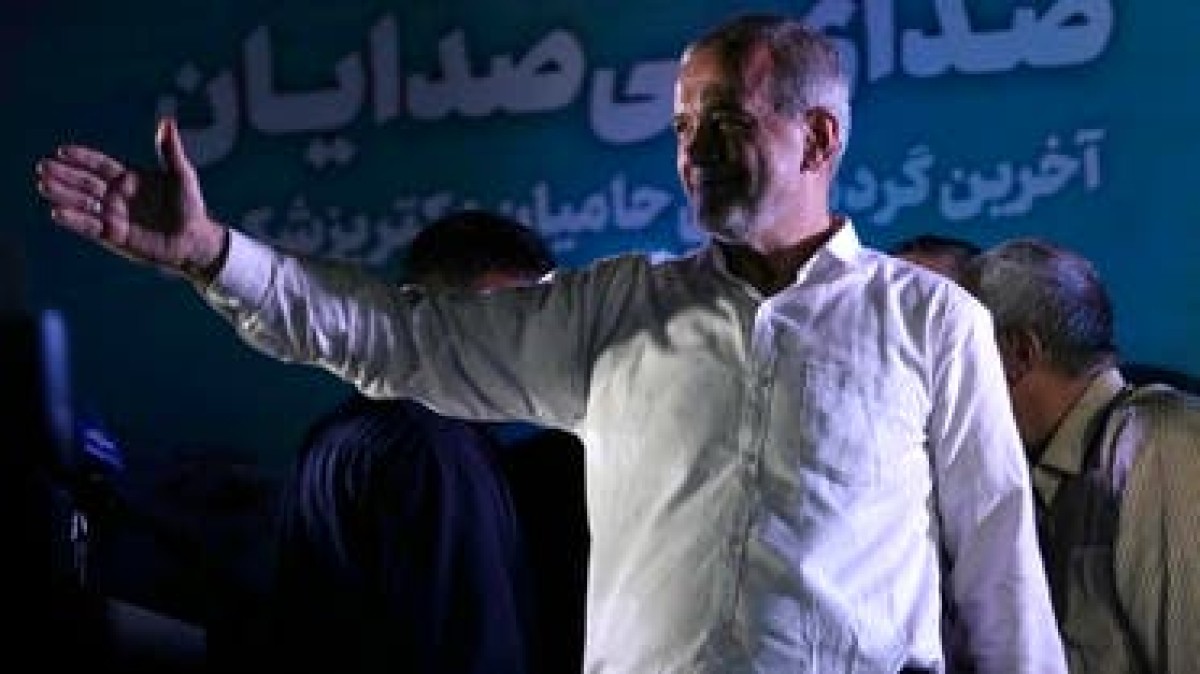The new President of Iran: I will keep my promises... and we have many challenges ahead of us


The new Iranian President, Masoud Pezeshkian, held his first press conference on Saturday evening after his election victory.
Bezeshkian said that he would fulfill the promises he made.
He also added: “We have many challenges and difficulties ahead of us,” stressing that “we must open a new page in the country.”
While he thanked the Supreme Leader, Ali Khamenei, adding, “If it were not for him, my name would not have come out of the ballot boxes.”
He also added that “without the leadership of the Leader, we would not have been able to reach where we are now.”
While he concluded by stressing that his competitor, “Saeed Jalili, is a friend whom I respect.”
More than 16 million votes
It is noteworthy that the reformist Masoud Pezeshkian won the second round of the elections against the conservative candidate Saeed Jalili, yesterday, Friday.
Bezeshkian received more than 16 million votes, while Jalili received more than 13 million votes, according to preliminary results published by the Ministry of Interior.
The Ministry also revealed that the participation rate in the second round of elections reached 49.8%.
First session
It is noteworthy that these elections were hastily organized to choose a successor to Ibrahim Raisi, who died in a helicopter accident on May 19.
In the first session, which took place on June 28, the voter turnout rate reached 39.92% out of 61 million voters, at its lowest level ever since 1979, noting that the voter turnout rate in the 1980s and 1990s was approximately 80%. .
Bezashkian also won 42.4% of the votes in the first round, compared to 38.6% for Jalili, while another conservative candidate, Muhammad Baqir Qalibaf, came in third.
Accurate follow-up abroad
It is noteworthy that these elections received careful monitoring abroad, as Iran is at the heart of many geopolitical crises, from the war in Gaza to the nuclear file, which for several years has been a source of disagreement between Tehran and the West, especially the United States.
It also took place amidst a state of popular discontent resulting, in particular, from the deteriorating economic conditions due to Western sanctions that were re-imposed on Iran.